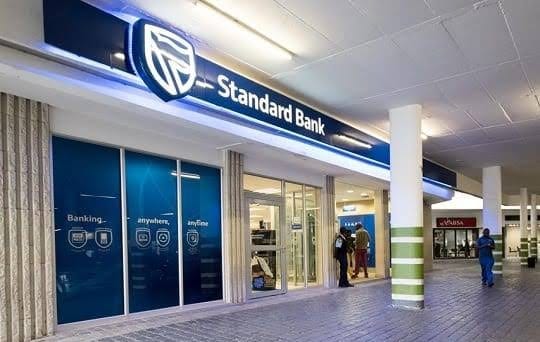Last updated on September 11th, 2021 at 08:22 am
The escalating probe into the banking enterprise has fingered one of the country’s biggest banks as being part of a giant community in which nearby financial establishments have been involved in dodgy dealings.
The investigation showed that Standard Bank, one of the country’s leading lending institutions, used to be possibly concerned in unscrupulous transactions well worth billions of dollars.
The file used to be contained in the record by means of the ICIJ, showing an quantity of $482758 (about R8m) acquired via the banks and $60.27million despatched out have been flagged as probably suspicious transactions.
Overall, the file recognized greater than $2trillion of transactions between 1999 and 2017 that were flagged with the aid of inner compliance departments of monetary establishments as feasible money laundering or other crook activity.
The report noted that Standard Bank suggested 169 of the 173 transactions that had been highlighted in the report.
FinCEN said in a assertion on its internet site at the opening of the month that it used to be conscious that media retailers supposed to publish a sequence of articles primarily based on unlawfully disclosed Suspicious Activity Reports (SARs) as well as different documents, and stated that the “unauthorised disclosure of SARs is a crime that can impact the countrywide safety of the US.”
FinCEN is in charge of compiling “suspicious-activity reports” sent to it by means of banks that suspect monetary wrongdoing via their consumers and SARs do now not constitute proof of wrongdoing but are a way to alert regulators and regulation enforcement.
The FinCEN documents confirmed that 5 banks: JPMorgan, Standard Chartered, Deutsche Bank, Barclays and BNY Mellon dealt with the most illicit dollars between 1997 and 2017.
However, the banks have despatched these files to the US authorities to increase problem about what their customers were doing.
Stephen Meintjes, the head of lookup at Momentum Securities, said the ICIJ report explained the harmful consequences on the lives of many that the laundering of dirty money changing arms across the globe. “It seems, however, to be historic news as a long way as the banks stated above are concerned.
This is due to the fact the ICIJ record is generally based on leaked archives from the US Department of Treasury’s Financial Crimes Enforcement Unit which covered two 100 transactions really worth $2 trillion between 1999 and 2017.
“The files incorporate reviews by banks and different economic entities on transactions that would possibly have concerned illegally sourced money and do no longer always mean that those reporting have been responsible of any crime,” Meintjes said.
(IOL)

